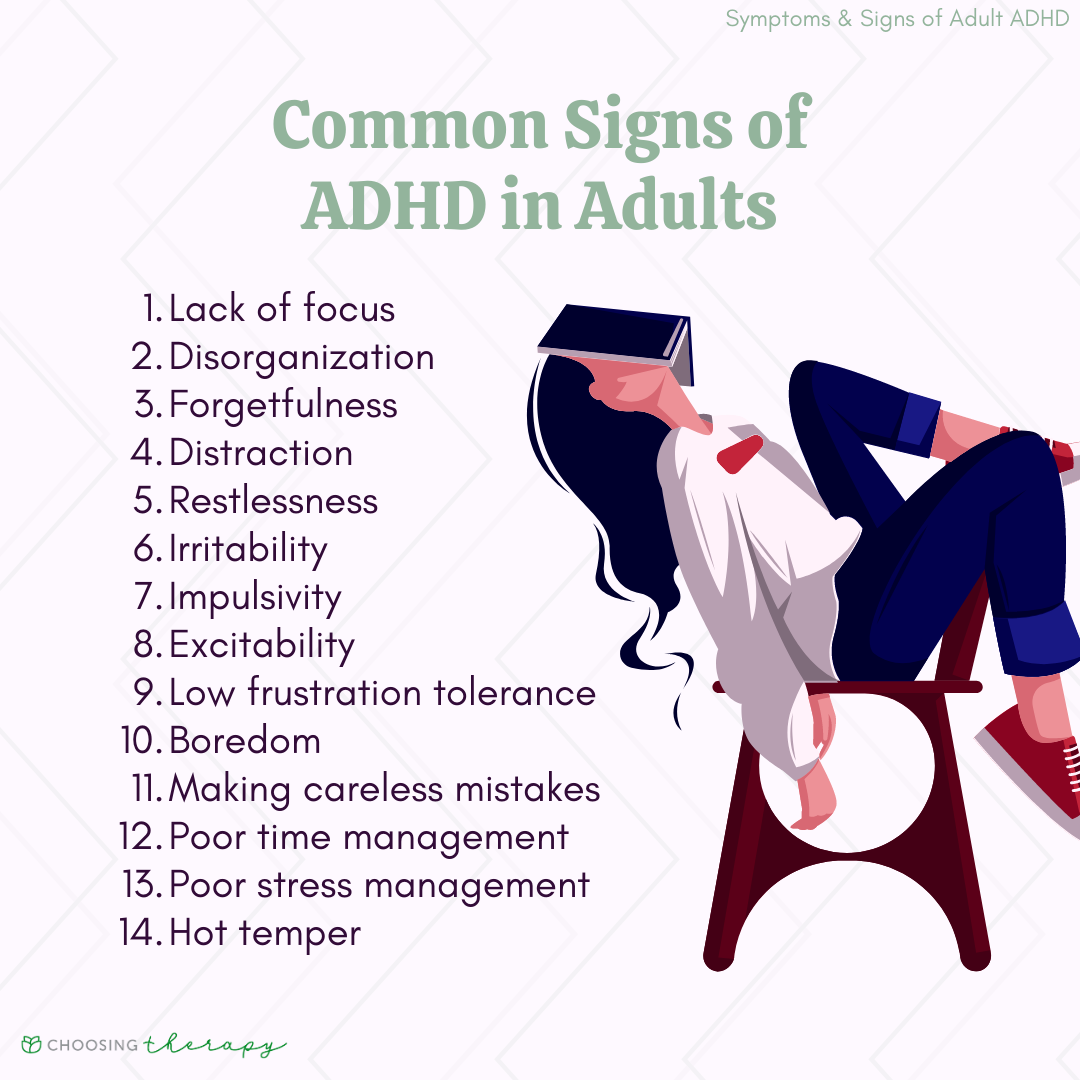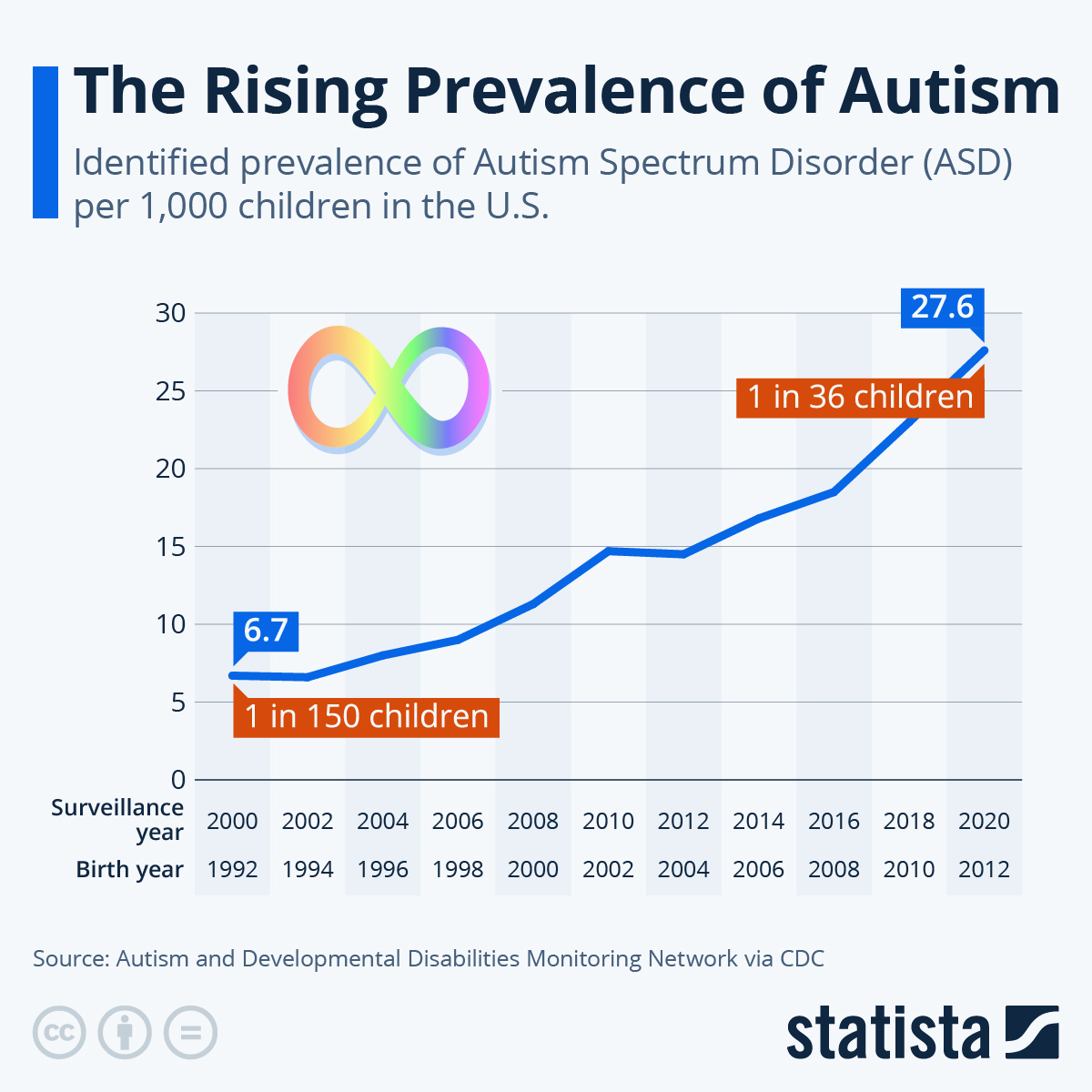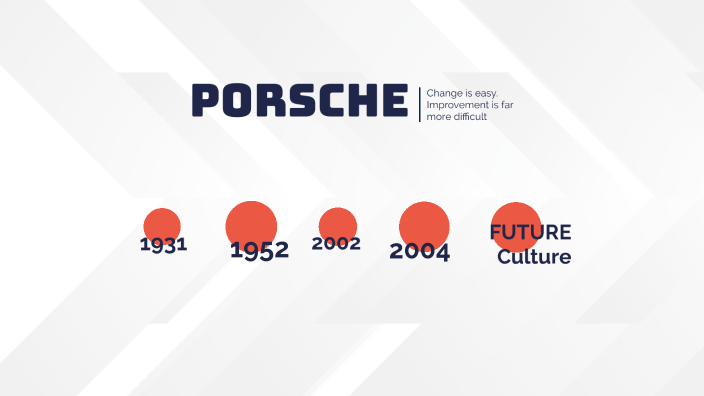Understanding Adult ADHD: Diagnosis And Treatment Options

Table of Contents
Recognizing the Symptoms of Adult ADHD
While often diagnosed in childhood, Adult ADHD presents unique challenges and symptoms. Recognizing these symptoms is the first step towards seeking help and finding relief.
Inattention: The Struggle to Focus
Inattention in Adult ADHD manifests differently than simple forgetfulness. It's characterized by persistent difficulty focusing on tasks, easily losing things, experiencing frequent forgetfulness, and being readily distracted.
- Examples in adult settings: Forgetting appointments, misplacing important documents at work, struggling to complete projects, zoning out during conversations.
- Prevalence: Studies suggest a significant portion of the adult population experiences predominantly inattentive type Adult ADHD. The exact percentage varies depending on the study and diagnostic criteria used.
- Distinguishing from typical forgetfulness: Unlike occasional forgetfulness, ADHD-related inattention is chronic and significantly interferes with daily functioning. It's often accompanied by other symptoms like hyperactivity or impulsivity.
Hyperactivity: Restlessness and Excess Energy
Hyperactivity in adults often presents differently than the constant running and fidgeting seen in children. It can manifest as internal restlessness, an inability to relax, or excessive talking.
- Examples in adult settings: Constant pacing, difficulty sitting still during meetings, excessive talking that interrupts others, restlessness that disrupts sleep.
- Subtle manifestations: Adults with Adult ADHD may experience internal restlessness, a feeling of being "wired" or unable to relax, even when physically still.
- Differentiating from normal energy: While everyone has varying energy levels, hyperactivity in Adult ADHD is excessive, disruptive, and significantly impacts daily life.
Impulsivity: Acting Without Thinking
Impulsivity is a core feature of Adult ADHD, characterized by acting on urges without considering the consequences. This can impact various aspects of life.
- Examples in various life contexts: Interrupting conversations frequently, making rash financial decisions, engaging in risky behaviors, struggling to control emotions, difficulty delaying gratification.
- Impact on relationships and career: Impulsivity can damage relationships due to hurtful comments or actions. In professional settings, it can lead to missed deadlines, poor decision-making, and conflict with colleagues.
- Potential consequences: Impulsive behavior can result in financial difficulties, legal problems, relationship breakdowns, and job loss.
The Diagnostic Process for Adult ADHD
Getting a proper diagnosis for Adult ADHD is crucial for accessing effective treatment. This process requires a comprehensive evaluation by a qualified mental health professional.
Comprehensive Evaluation: Uncovering the Full Picture
A thorough assessment is essential to determine if you meet the diagnostic criteria for Adult ADHD.
- Diagnosing professionals: Psychiatrists, psychologists, and other qualified mental health professionals are trained to diagnose Adult ADHD.
- Detailed history: The assessment includes a detailed history of your symptoms, including childhood behaviors, which can provide valuable insights.
- Standardized questionnaires and neuropsychological testing: These tools help objectively assess symptoms and rule out other conditions. The Adult ADHD Self-Report Scale (ASRS) is a commonly used questionnaire. Neuropsychological testing may be used in some cases to assess cognitive functioning.
Ruling Out Other Conditions: Accurate Diagnosis is Key
Many conditions share similar symptoms with Adult ADHD, making accurate differential diagnosis essential.
- Common comorbidities: Anxiety, depression, learning disabilities, and substance use disorders often co-occur with Adult ADHD.
- Importance of accurate diagnosis: Misdiagnosis can lead to ineffective treatment and delay proper care. A proper diagnosis ensures the right treatment plan is implemented.
- Differential diagnosis: The diagnostic process carefully considers other conditions to ensure that the diagnosis of Adult ADHD is accurate and not a misinterpretation of other underlying issues.
Treatment Options for Adult ADHD
Effective management of Adult ADHD typically involves a combination of approaches tailored to individual needs.
Medication: Managing Symptoms Through Medication
Medication is often a cornerstone of Adult ADHD treatment, helping manage core symptoms.
- Stimulant medications: Methylphenidate (Ritalin, Concerta) and amphetamine (Adderall, Vyvanse) are commonly prescribed stimulants. They work by increasing dopamine and norepinephrine levels in the brain.
- Non-stimulant medications: Atomoxetine (Strattera) is a non-stimulant medication that affects norepinephrine levels. It may be a suitable option for individuals who cannot tolerate stimulants.
- Potential side effects: Both stimulant and non-stimulant medications can have side effects, which vary from person to person. It's crucial to discuss these with your doctor.
- Finding the right medication and dosage: Working closely with a doctor is essential to find the most effective medication and dosage for your individual needs.
Therapy: Developing Coping Mechanisms and Self-Management Skills
Therapy plays a vital role in teaching coping mechanisms and strategies for managing Adult ADHD symptoms.
- Cognitive Behavioral Therapy (CBT): CBT helps identify negative thought patterns and behaviors, replacing them with more adaptive strategies.
- Behavioral Therapy: This approach focuses on modifying behaviors and developing self-management skills to improve daily functioning.
- Combined approach: Combining medication and therapy often provides the most comprehensive and effective treatment for Adult ADHD.
Lifestyle Changes: Supporting Treatment Through Lifestyle Modifications
Lifestyle changes can significantly impact symptom management and overall well-being.
- Regular exercise: Physical activity improves focus and reduces restlessness.
- Healthy diet: A balanced diet can stabilize energy levels and mood.
- Sufficient sleep: Adequate sleep is crucial for cognitive function and mood regulation.
- Stress management techniques: Mindfulness, yoga, and meditation can help manage stress, which often exacerbates Adult ADHD symptoms.
Conclusion
Understanding Adult ADHD is crucial for effective management and improved quality of life. The diagnostic process involves a comprehensive evaluation to rule out other conditions and identify the specific symptoms. Treatment options include medication, therapy, and lifestyle changes, often used in combination for optimal results. If you suspect you may have Adult ADHD, or are struggling with symptoms of inattention, hyperactivity, or impulsivity, seek professional help to receive a proper diagnosis and develop a personalized treatment plan. Don't hesitate to take the first step towards managing your Adult ADHD symptoms and reclaiming your life. Contact a mental health professional today to begin your journey towards better mental wellness.

Featured Posts
-
 Did The Bank Of Canada Err In Its Gradual Rate Hikes Rosenberg Weighs In
Apr 29, 2025
Did The Bank Of Canada Err In Its Gradual Rate Hikes Rosenberg Weighs In
Apr 29, 2025 -
 Adult Adhd Examining Higher Rates In Individuals With Autism And Intellectual Disabilities
Apr 29, 2025
Adult Adhd Examining Higher Rates In Individuals With Autism And Intellectual Disabilities
Apr 29, 2025 -
 Urgent Search For Missing British Paralympian In Las Vegas
Apr 29, 2025
Urgent Search For Missing British Paralympian In Las Vegas
Apr 29, 2025 -
 Finding Capital Summertime Ball 2025 Tickets The Ultimate Guide
Apr 29, 2025
Finding Capital Summertime Ball 2025 Tickets The Ultimate Guide
Apr 29, 2025 -
 Sejarah Porsche 356 Di Zuffenhausen Dari Garasi Hingga Legenda
Apr 29, 2025
Sejarah Porsche 356 Di Zuffenhausen Dari Garasi Hingga Legenda
Apr 29, 2025
